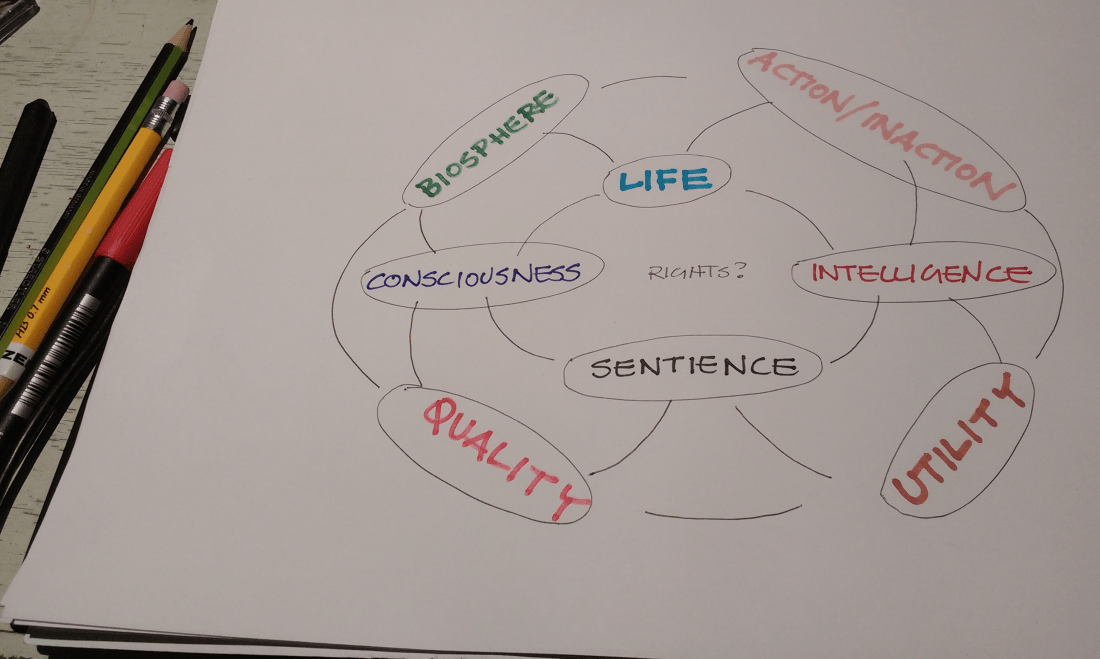It has been my experience and observation, not once, but a few times, that someone I have known to have some level of ability in a domain that goes beyond straightforward expertise, when asked honest and interested questions about how some outcome of theirs was achieved, has become unhelpful. Sometimes tetchy, sometimes incommunicative, sometimes vague.
And this can be surprising. Somehow, we can have an assumption that anyone who can produce extraordinary results in their domain has such a lucid command of that domain that they should be able to tell us just how and why they do it – and further, that they ought to be happy to explain. After all, we are in awe of them, fascinated by their capacity to produce such work – surely they’ll be happy to be listened to.
But no, not always. Quite often not, in my experience.
Continue reading “Experts, savants and complexity.”







